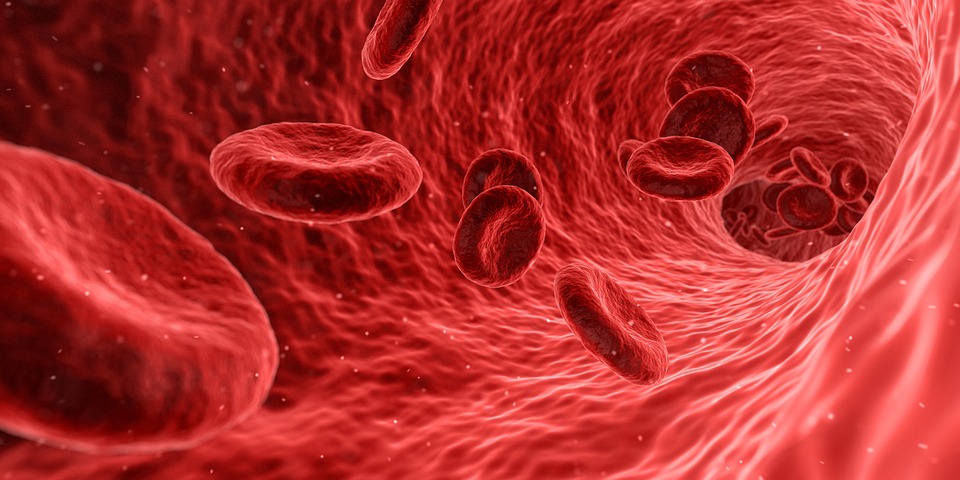
Imara receives orphan drug designation for lead product candidate IMR-687 for sickle cell disease.
Imara Inc., a biotechnology company dedicated to developing novel therapeutics for patients with sickle cell disease and other hemoglobinopathies, announced that the U.S. Food and Drug Administration (FDA) has granted Orphan Drug designation to the company’s lead product candidate IMR-687 for the treatment of sickle cell disease.
“This designation is granted to investigational new drugs that have shown promise to address serious medical needs for patients living with rare conditions,” said James McArthur, Ph.D., founder, president, and chief executive officer of Imara. “This is an important milestone for Imara, and we look forward to continuing our efforts to advance potential new treatments for patients.”
Imara is conducting a Phase 1a clinical study to evaluate the safety and pharmacokinetics of IMR-687 in healthy volunteers. In addition, Imara will assess pharmacodynamic markers.
The FDA Office of Orphan Products Development grants orphan drug designation to novel drugs and biologics that are intended for the safe and effective treatment, diagnosis or prevention of rare diseases or disorders that affect fewer than 200,000 people in the United States.
About IMR-687
IMR-687 was specifically designed to address the underlying pathology of sickle cell disease. An orally-administered, highly potent and selective phosphodiesterase 9 (PDE9) inhibitor, IMR-687 is a potentially disease-modifying therapeutic for sickle cell disease as well as other hemoglobinopathies. Pre-clinical data demonstrate IMR-687 reduces both the sickling of red blood cells and blood vessel occlusion that cause debilitating pain, organ damage, and early mortality in affected patients.
About Sickle Cell Disease
Sickle cell disease is a rare, genetically inherited condition that alters hemoglobin, the protein in red blood cells that transports oxygen throughout the body. The altered hemoglobin distorts red blood cells into a sickle, or crescent, shape. Painful episodes can occur when sickled red blood cells, which are stiff and inflexible, get stuck in small blood vessels. These episodes deprive tissues and organs of oxygen-rich blood and can lead to vaso-occlusive crisis (VOC), acute chest syndrome (ACS), and permanent damage to organs including the liver, spleen, kidney and brain.
(Source: Business Wire)
Filed Under: Drug Discovery




